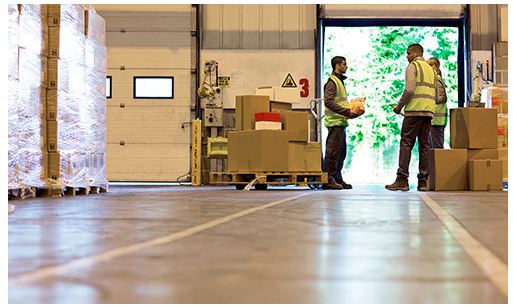When we talk about compliance we often look at labeling regulations that are required to keep businesses from being fined, but warehousing and compliance entail so much more. Legislative standards for traceability, worker health and safety, and warehouse quality and safety standards are all part of warehouse compliance standards that warehouses look to meet and exceed in addition to the regulatory requirements for labeling.
Our partners at BarTender® know that a compliant warehouse must look beyond just obtaining the right symbols and codes on their labels and labeling plays a significant role in the health and safety of warehouse workers and consumers worldwide.
Some examples of these types of regulations are:
FSMA 204 – The Food Safety Modernization Act tracks foods on a designated Food Traceability List (FTL). Manufacturers of these foods must maintain records and share information with other entities in the supply chain, including warehouses.
DSCSA – The Drug Supply Chain Security Act applies to prescription drugs and enforces interoperable, electronic tracing of products.
UDI – Unique Device Identifier regulations apply to the medical device sector. The device, packaging, and labels must clearly show the UDI. There is a mandated format for the barcode and information about the product that must be recorded in the Global Unique Device Identifier Database (GUDID) in the US, or the EUDAMED database in Europe.
“Labeling plays a significant role in meeting the demands of regulations and certifications,” as well as in warehouse operations to protect workers’ health and safety:
- Labels on hazardous materials identify them as such and provide essential safety information in the case of an incident.
- Labeling shows where items should be stored, helping to implement safety policies, such as having heavier items on low shelves.
- Labeling with standardized barcodes is the key to the interoperability and traceability required for food, drug, and medical equipment legislation.
- Labeling enables process automation, standardization, and scalability.
- Clear labeling ensures that goods shipped from warehouses reach the correct destination and can be tracked through the downstream parts of the supply chain.
When considering an automated labeling solution, Pragmatyxs can help you find a solution that seamlessly integrates with your WMS and ERP systems and complies with all the regulatory requirements your product labels demand.
